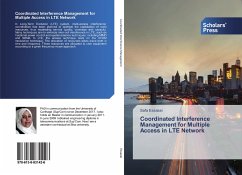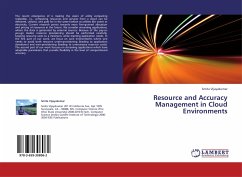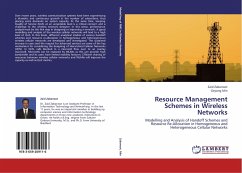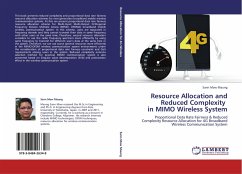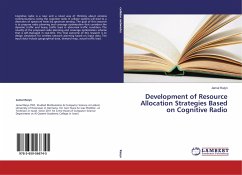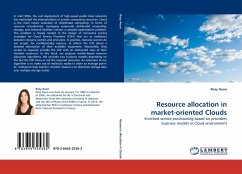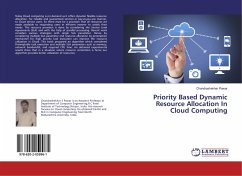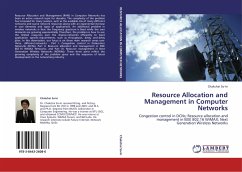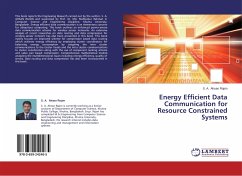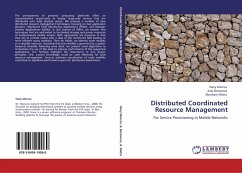
Distributed Coordinated Resource Management
For Service Provisioning in Mobile Networks
Versandkostenfrei!
Versandfertig in 6-10 Tagen
45,99 €
inkl. MwSt.

PAYBACK Punkte
23 °P sammeln!
The pervasiveness of personal computing platforms o ers an unprecedented opportunity to deploy large-scale services that are distributed over wide physical spaces. We propose a number of new distributed resource management techniques, focusing on two application domains: distributed Field Monitoring Applications (FMAs), and Message Delivery Applications (MDAs).In the context of FMAs, we present two techniques that are well-suited to the limited storage and power resources of autonomously mobile sensors. Both approaches are proactive in that they aim to provide nodes with a view of the monitore...
The pervasiveness of personal computing platforms o ers an unprecedented opportunity to deploy large-scale services that are distributed over wide physical spaces. We propose a number of new distributed resource management techniques, focusing on two application domains: distributed Field Monitoring Applications (FMAs), and Message Delivery Applications (MDAs).In the context of FMAs, we present two techniques that are well-suited to the limited storage and power resources of autonomously mobile sensors. Both approaches are proactive in that they aim to provide nodes with a view of the monitored eld leading to more efficient query handling.Then for MDAs, we identify node mobility as a valuable resource. Assuming that this mobility is governed by a spatio-temporal schedule featuring some slack, we present novel algorithms to orchestrate the use of this slack to improve performance of the supported applications.Our findings highlight the importance of two design principles. First, a-priori knowledge could be used e ectively for local resource management. Second, judicious coordination of node mobility could lead to signi cant performance gains for distributed applications.



